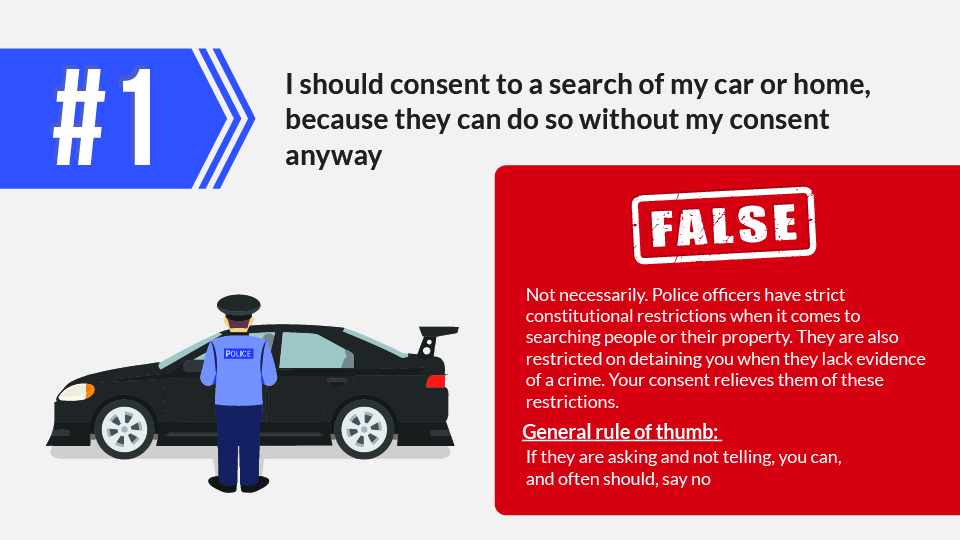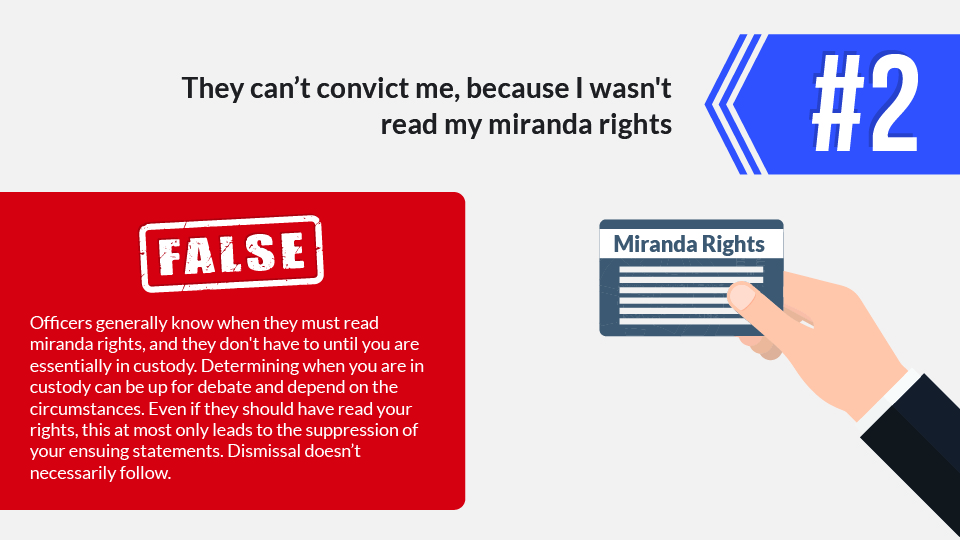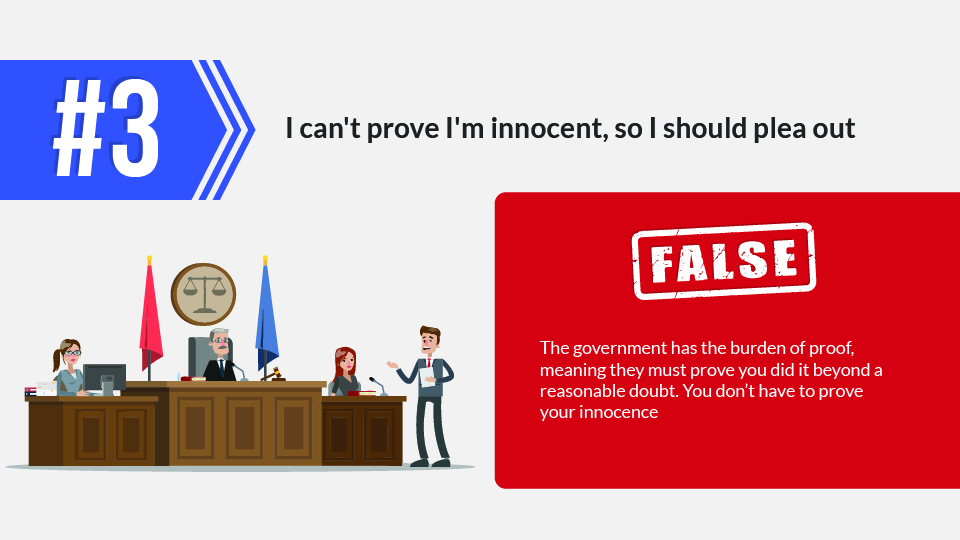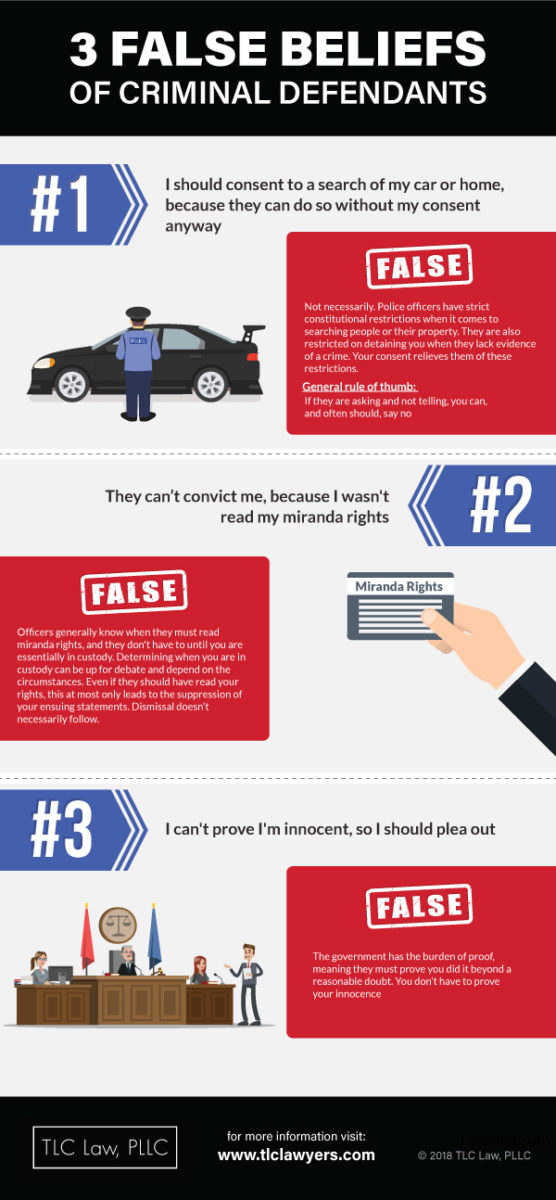About Adult Adoption
Adult adoption is unique. It produces a parent-child relationship between two adults that did not exist before. The process declares that the person being adopted is the legal “child” of the other party. If you are married, you can choose to have both you and your spouse adopt the adult, or only one of you can choose to adopt.
Why adopt an adult, someone that is at least 18 years old? We all know why someone may adopt a minor, that needs continuous care, but why adopt a self-sufficient, independent adult? There can be a few reasons. As a legal heir of the adoptive parent, the adoptee is entitled to all the same privileges and rights as a birth child.
Likewise, the new heir is also legally bound to the same obligations as a natural born child. Most commonly, adults are adopted for inheritance or estate purposes. For instance, the adoptive parent can easily leave assets to the adopted adult.
The next common reason for adult adoption is simply to formalize a relationship that has long been akin to a parent-child relationship. We all know situations where a person “takes-in” a relative or other child, but never ends up adopting the child. Adult adoption offers a chance to finally formalize this relationship.
We also see cases where the adopted adult is in-need of on-going care. Adoption can provide a way for the adoptee to receive long term care under family insurance coverage or an inheritance. In this case, the adult being adopted would be able to get financial and/or medical support not otherwise available.
Adoption Day
Adult adoptions are filed in the county or district court where you live. Once all the necessary steps have been completed, a judge will hear your case in a court of law. During the hearing, prior parental rights will be severed and the judge will make sure all requirements have been met and all documents are in order.
The adoptee will likely need to attend the adoption ceremony where an order is signed and the adoption is finalized. It is common, though not required of course, for the family to bring a camera and take pictures with the judge to commemorate the occasion.
Effects of an Adult Adoption
Upon completion of the adoption, the adopted adult will have the following benefits:
- Legal parents
- New Birth Certificate
- Legal Rights to Inheritance
- New Name (this is an option, but is technically a separate legal action)
The adopted adult is issued a new birth certificate showing the adoptive parent(s) as the birth parents. In the process, adoption severs any current legal relationships with the biological parents.
After the adult adoption is final, families can begin their next chapter with structure and stability. Adoptions are permanent orders that cannot be undone by a divorce or a separation of the adoptive parents.
The adoption gives the adult the ability to inherit from the adoptive parents. The adoptee’s eligibility for group health insurance is another large benefit of adoption. Lastly, older children are given the opportunity to choose their new name. Adoption is an exciting event well worth the journey.
How TLC Law Can Help
TLC Law can tell you if adult adoption would be a good option in the first place. If it is something you want, TLC Law will handle all the legal issues that arise during an adult adoption. From processing paperwork and making sure all documents are completed to representing you in the court.
As your voice in court, we can explain why the adoption should take place and ensure the best possible outcome. Adult adoptions are typically drama free if all parties are in agreement and have open communication. Give us a call at (903) 871-1714 to get the adoption process started!
Additional References
https://www.dshs.texas.gov/vs/reqproc/adoption_general.shtm
https://en.wikipedia.org/wiki/Adult_adoption
The post Adult Adoption: Can You Adopt An Adult and Let Them Inherit From You? appeared first on TLC Law, PLLC.









